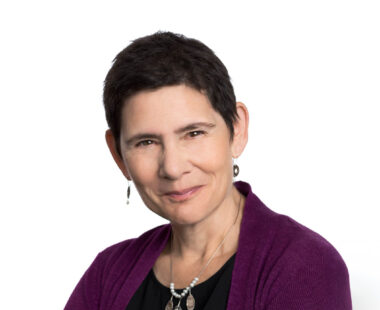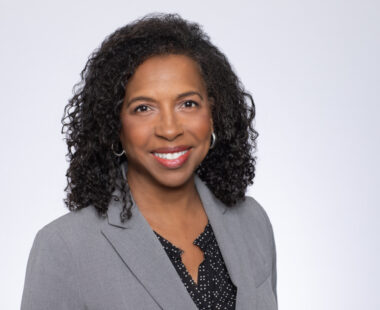- Overview
- FAQ
Mediation is a great way for employees to talk and listen to each other and work out their differences. We have many experienced mediators on our team who can assist with this process.
Mediation, conciliation and informal conflict resolution all provide opportunities for employees to:
- Listen to each other
- Be heard
- Develop their own strategies for resolving their conflict
We support and empower employees to engage in constructive communication to resolve workplace conflicts. In addition to addressing the immediate conflict, employees are often able to bring new communication skills back to their roles within the organization, improving the overall work environment for themselves and those around them.
Experienced Mediators
Many of our attorneys and associated professionals have undergone extensive mediator training.
Amy Oppenheimer, who has mediated since 1990, is a past President of the Board of Berkeley Dispute Resolution Services.
Adele Grunberg is a past board member for SEEDS, a 501(c)(3) nonprofit community-based organization that provides mediation, facilitation, training, and restorative justice to residents, organizations, businesses, and schools in the Bay Area. She also regularly trains SEEDS’ community mediators.
Kenneth Hawkins has been mediating disputes, training mediators, and working with organizations and individuals in the area of organizational development and conflict resolution for more than 25 years and has provided consultation and training to establish over 350 dispute resolution programs throughout the United States, Canada, and Europe.
Ilona Turner is a mediator, arbitrator, and conflict coach specializing in disputes involving the workplace and nonprofit organizations. She serves on a number of mediation panels including the U.S. District Court for the Northern District of California and California’s Department of Fair Employment and Housing.
Our Approach
Mediating an ongoing workplace dispute is different from being a mediator tasked with settling a lawsuit. In a workplace dispute, the parties to the dispute will have an ongoing working relationship and need to come to a resolution that will allow for this. For this reason, our mediators use a flexible approach that maximizes the time everyone is in the room together while allowing for caucusing when necessary. This “community mediation” format works well in employment settings because it helps the parties learn (or relearn) how to communicate and foster a positive work relationship.
Our mediator will determine:
- The stakeholders in the dispute
- The nature of the dispute
- The best format for mediation, informal resolution or facilitation
They will then facilitate the mediation process, which includes:
- Helping the parties to engage in active listening
- Reframing the key issue(s) to help the parties understand other perspectives
- Facilitating constructive discussion
- (Hopefully) encouraging a successful resolution
- Assisting with memorializing any agreements reached
What is mediation?
Mediation is a process during which two parties discuss a dispute with the assistance of a trained, impartial third party. This third party helps the parties in conflict reach a settlement in their dispute.
What is Community Mediation?
During community mediation, the parties control the mediation process, creating their own alternatives to avoidance, confrontation or litigation. This type of mediation is ideal for colleagues because it strengthens relationships and helps build connections and processes to create a situation that works for everyone.
Do I need a lawyer?
It depends. If mediation is initiated early on in the dispute, then most parties do not engage the services of an attorney. However, if the dispute is in litigation, then it is highly advisable to consult with an attorney.
Who pays for mediation?
Typically, the parties to the mediation split the cost. In a workplace environment, it is not unusual for the employer to pay for mediation between employees.
How should I prepare for the mediation?
Ideally, the parties should take time to consider what specific outcomes they hope to see from the mediation and be ready to articulate those desired outcomes. Also, the parties should be prepared to hear the other party’s perspective, as this is a critical component to a successful mediation.
How long does mediation take?
Some disputes are resolved relatively quickly (within a day). However, this is not always the case. Many mediations can take several days. In this situation, the mediator may continue discussions separately with each party.








